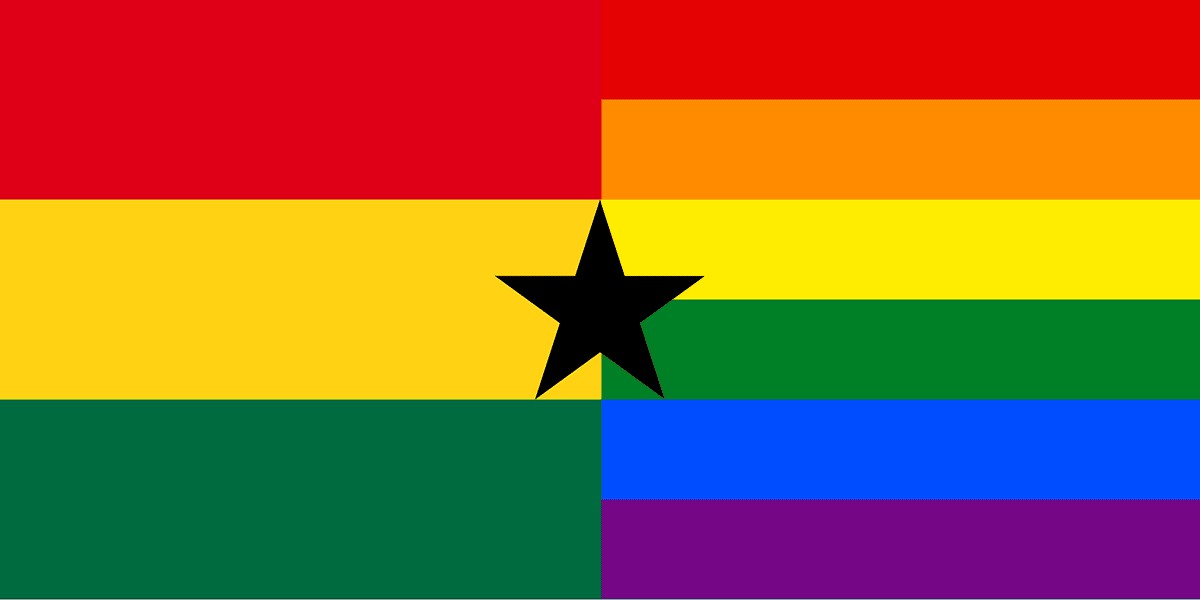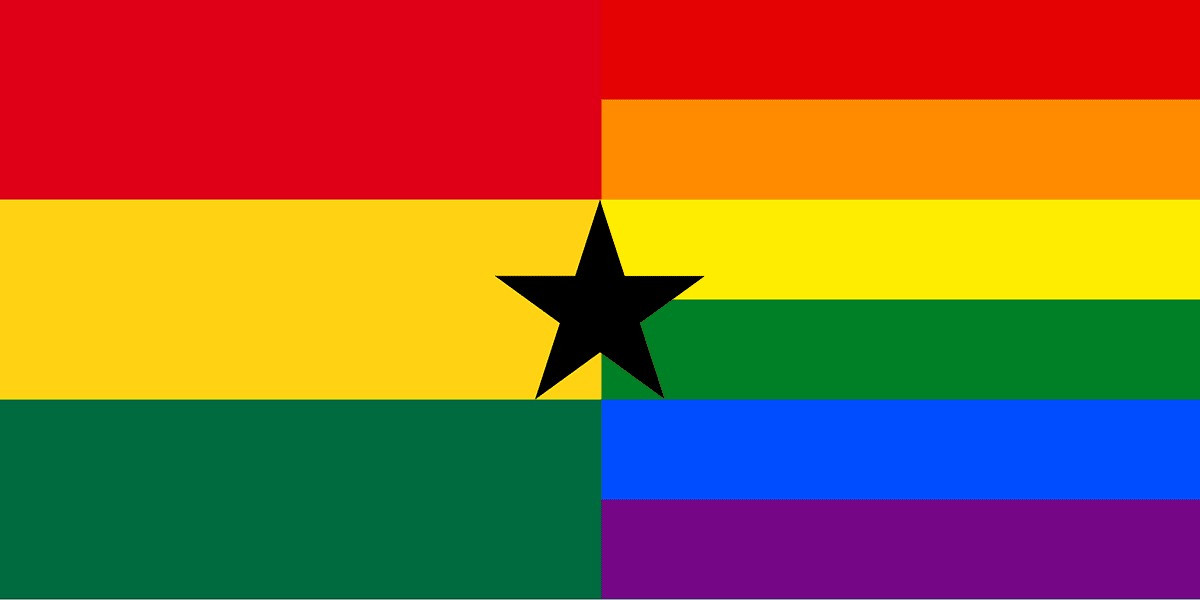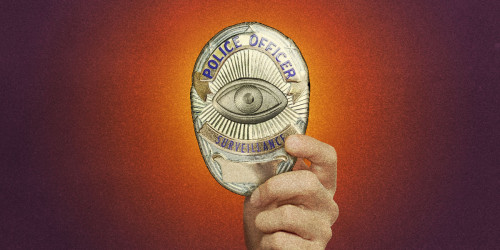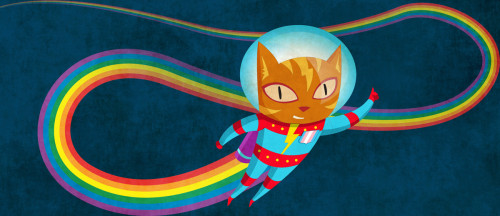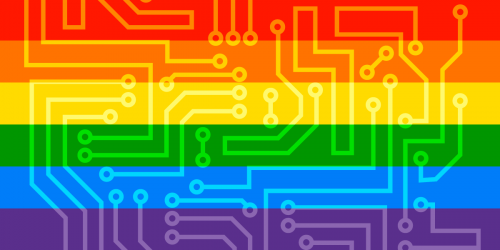As the Ghanaian Parliament considers a bill that would criminalize being LGBTQI+ or an ally of LGBTQI+ people, and ban all speech on and offline that even remotely supports LGBTQI+ rights, Twitter and Facebook's parent company Meta must publicly speak out against the proposal and state what action they will take to protect users should the legislation pass.
Both Twitter and Facebook have invested heavily in Ghana, which holds itself out to be a constitutional democracy with a strong commitment to human rights. Twitter announced last year it was establishing a headquarters in the Ghanaian capital Accra, citing Ghana as "a supporter of free speech, online freedom, and the Open Internet." Meanwhile Meta (née Facebook), has long trumpeted its success in bringing connectivity to Ghana through programs like Free Basics and Express Wi-Fi.
But now, the Ghanaian parliament has introduced the "Promotion of Proper Human Sexual Rights and Ghanaian Family Values Bill," a draconian measure that would undermine the Ghanaian Constitution's core guarantees of freedom of thought and expression. Pulling no punches in a press statement, a group of professors, journalists, and advocates described the bill as "an Orwellian nightmare fraught with stigmatization, bigotry, intolerance, repression, authoritarianism, violation of the fundamental human rights of LGBTQ+ persons and those who defend their human rights, false piety, cruelty to, and lack of empathy, for difference in our society."
While Ghanaian law has long criminalized same-sex sexual activities, the new proposal goes much further by threatening up to five years in jail for publicly identifying as LGBTQ or "any other sexual or gender identity that is contrary to the binary categories of male and female." The sentence increases if the offending person expresses their gender beyond or identifies outside of the so-called “binary gender.”
In fact, the bill attempts to include every sexual identity and gender that isn't cis and heterosexual, or within whatever normative goalposts a religious fundamentalist1 agenda decides is appropriate. Cishet male-female relationships could also be targeted, since the bill requires all relationships to adhere to unspecified "sociocultural notions" of the "relationship between males and females." For some violations, offenders could be forced into conversion therapy, a highly discredited practice. The bill would give the government the power to force intersex people to undergo “gender realignment” surgery.
The bill also criminalizes identifying as an ally, i.e. anyone who "supports or advocates for the queer community," including other allies.
In essence, the bill sets out not only to deprive LGBTQI+ people of their fundamental human rights, but to outlaw any attempts to criticize or lobby against the restrictions after the bill passes (any attempt to promote "a change of public opinion" comes with a five-to-10 year prison sentence). As a result, this bill is not only an assault on the rights of LGBTQI+ people to exist, but it also represents a grave threat to freedom of expression.
In fact, if the bill passes, even sharing this blog post on social media in Ghana would be a crime.
The bill has a blanket prohibition on advocating for LGBTQI+ rights, and explicitly assigns criminal penalties for speech posted online, with heightened penalties for online posts that support the rights of LGBTQI+ youth. The bill goes even further by threatening online platforms—specifically naming Twitter and Meta products Facebook and Instagram—with criminal penalties if they do not restrict pro-LGBTQ content. It isn’t unreasonable to imagine such a broad enforcement of this bill, if it were to pass, that any internet company that has inclusive public policies against hate speech and discrimination toward LGBTQI+ people would be shut down in Ghana, essentially creating a massive blackout of the internet. The economic implications would be devastating to the Ghanaian government; the human rights violations would be even more sweeping.
In addition to censorship, there is also the worry that Ghanaian police authorities could use legal processes to force these platforms to identity LGBTQI+ people and their allies for investigation, prosecution, and incarceration.
It all remains to be seen whether Facebook and Twitter could even have employees in the country at all, as both have public positions in support of LGBTQI+ rights. The bill would also automatically dissolve any organization that "directly or indirectly" supports the LGBTQI+ community.
Rightify Ghana, a human rights organization that works to bridge advocacy efforts from on-the-ground activists with potentially out-of-touch politicians, brought this issue to much wider attention across the globe through a Twitter thread. Rightify wants Meta and Twitter to note that the bill specifically names their products as subject to the law, which means it "not only targets their users (especially LGBTQ organisations, individuals, allies, media and sympathizers) who may post pro-LGBTQ contents but also, they themselves could face prosecution if they accommodate us on their platforms." In a statement to EFF, Rightify wrote that these companies need to speak up now:
We want to know how they are going to protect our internet rights and freedoms as well as privacy. While Twitter and Facebook has both failed in combating hate on their platform, we urge them to improve safety for the LGBTQ community – as many homophobic persons use these platforms to target LGBTQ persons for various hate crimes. Also, we encourage them to leverage on their influence to raise concerns through private letters or petitions to the president of Ghana, the Minister of Communication, the Minister of Finance, Minister of Justice and Attorney-General, as well as Parliament of Ghana, especially the Constitutional, Legal and Parliamentary Affairs Committee. For businesses that tout their inclusivity and diversity, they should be concerned.
If there's any doubt about the terror this law will create for the LGBTQI+ community, one must only look at Ghana's recent history. Even before this bill was introduced, in February 2021, security forces raided a newly opened LGBTQI+ center, resulting in its closure. In March of that year, 21 people were arrested in the city of Ho at a training event for paralegals and other professionals working on supporting vulnerable LGBTQI+ people. That's on top of the regular violence, abuse, and discrimination regularly experienced by members of Ghana's LGBTQI+ community. Local groups have told us that they fear this bill will be seen (and is being seen) as a government endorsement of vigilante violence against LGBTQI+ people.
EFF reached out to Meta and Twitter for comment. Twitter did not respond. Meta did provide a statement, but failed to address the core question of how this bill will specifically impact its LGBTQI+ and allied users, and instead addressed their position on the rights of all their users.
“We want the millions of people in Ghana and around the world who use our services to be able to connect, share and express themselves freely and safely, and will continue to protect their ability to do that on our platforms," an unnamed Meta spokesperson wrote.
While there may be reluctance on the behalf of Western entities to comment on the bill, due to the negative perceptions of neo-colonial influence, it is important to note that Ghana's proposal would have ramifications globally. If passed, Ghanaian authorities could probe the social media accounts of anyone applying for a visa for pro-LGBTQI+ speech or create lists of pro-LGBTQI+ supporters to be arrested upon entry. They could require the platforms to suppress content about LGBTQI+ issues, regardless of where it was created. And, of course, other countries may see Ghana's bill as a blueprint for oppressing the LGBTQI+ community, empowered by Twitter and Meta's silence.
As platforms that purport to support freedom of expression and the safety of its users, and who have declared themselves allies of the LGBTQI+ community, Meta and Twitter must not remain silent. At the very least, the global LGBTQI+ and ally community has a right to know if the posts they make today could one day be in the hands of government agents that will use it to imprison them.
1. The preamble to the bill credits its creation to the National Coalition for Proper Human Sexual and Family Values, which is described as an an "amalgamation of Christian and para-Christian bodies, religious bodies including the Ghana Pentecostal and Charismatic Council, the Coalition of Muslim Organisations, Ghana, the National Chief Imam’sOffice, the Catholic Bishops’ Conference, the Advocates for Christ" and others. The preamble further states these groups "condemned the advocacy activities of persons in support of LGBTTQQIAAP+ and have further called on Government to strengthen the laws of the country and resist attempts by any entity, whether local or foreign, to misinterpret or worse of all, rewrite our laws to disregard the cherished culture and social values of Ghanaians. The sovereignty of this country must be respected and protected. Among the multi-religious faiths and various traditional and customary values across the country, an overwhelming consensus is established on the position of the nation in utter rejection of the practices of and advocacy for the LGBTTQQIAAP+ group in conformity with the customary law and tenets of faith and respect for public morality."


